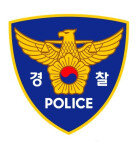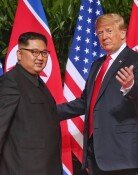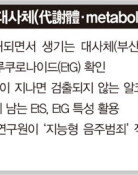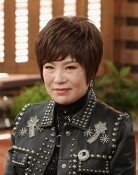The cons of mobile voting
The United New Democratic Party (now the main opposition Democratic United Party) elected its presidential candidate in 2007 through an open primary system, which allowed non-party members to participate. Some 1.68 million people voted in the primary held offline in 16 cities and provinces across the country. Another 240,000 voted via their mobile phones. The first mobile voting in the country`s party primaries helped promote the vote, but mobile votes distorted the real will of regular voters. A perfect example is the case of Chung Dong-young, who won the primary. More than half of the votes he won through the regional primary came from voters in North Jeolla Province, his hometown, because the electorate failed to properly reflect demographic differences among regions and age groups.
The main opposition party incited more controversy over mobile voting after it adopted the mobile open primary system in certain electoral districts for this year`s April general elections. In one district in Gwangju, a village head who was involved in voter mobilization even committed suicide during an investigation. One woman who had worked illegally to encourage mobile voting said, "I hated myself for following orders like a robot. Though my child was sick, I promoted mobile voting." A court sentenced Park Joo-sun, who won in the district but was indicted on charges of masterminding illegal mobile voting, to two years in prison, one year more than sought by prosecutors. The court criticized the accused for having "tainted with blood, tears and money an election that should have been a festival of democracy."
In the Democratic United Party`s race for chairman, Lee Hae-chan, a key loyalist of the late President Roh Moo-hyun, pulled off a come-from-behind victory against rival Kim Han-gill thanks to heavy support from mobile phone voters. Lee lost in the offline voting among party delegates. It was widely rumored that pro-Roh mobile organizations with strong mobilization capabilities supported Lee. Though Kim alleged that mobilized voting "distorted the sentiment of the party and the public," it was too late to turn back the clock.
On one side, mobile voting increases voter convenience and helps promote party events among the public. Yet it is hard to properly balance deviations among age groups and regions. Unlike voters in advanced democracies, Koreans tend to be reluctant to participate in political party events, leading parties and candidates to turn to mobile voters. Choi Jang-jip, professor emeritus at Korea University and one of the most prominent political scientists among progressive academics in Korea, criticized mobile voting, saying, "Groups familiar with mobile devices represent neither the general public nor the socially and economically underprivileged. Mobile voting is a revolutionary change in a negative sense."
Encouragement of mobile voting undermines democracy. Though it is open to all people, those unfamiliar with mobile devices are left out. The main opposition party`s leadership should present measures to prevent mobile voting when it discusses rules for the party`s primary for electing its presidential candidate.
Headline News
- Medical school quotas expanded after 27 years by 1,509
- ‘Pension replacement rate of 44-45% is negotiable,’ says Lee Jae-myung
- 16 out of 20 food companies see cost ratio decrease in 1st quarter
- Oksana Chusovitina with 8 Olympics under her belt gets injured
- Real income effectively reduced amid inflation hikes







